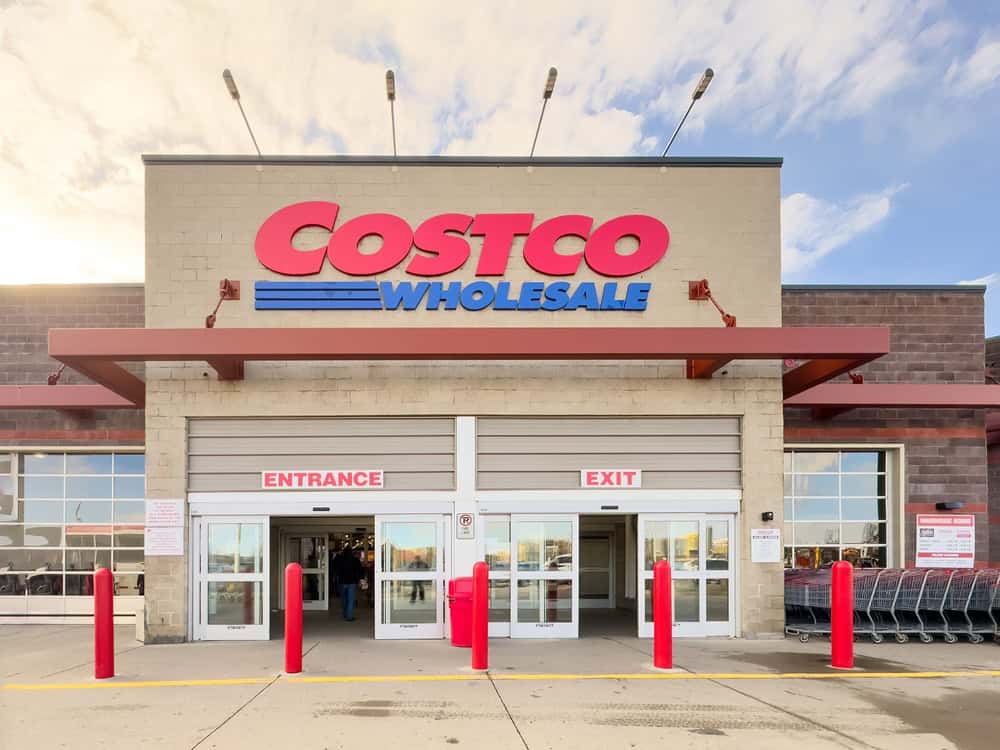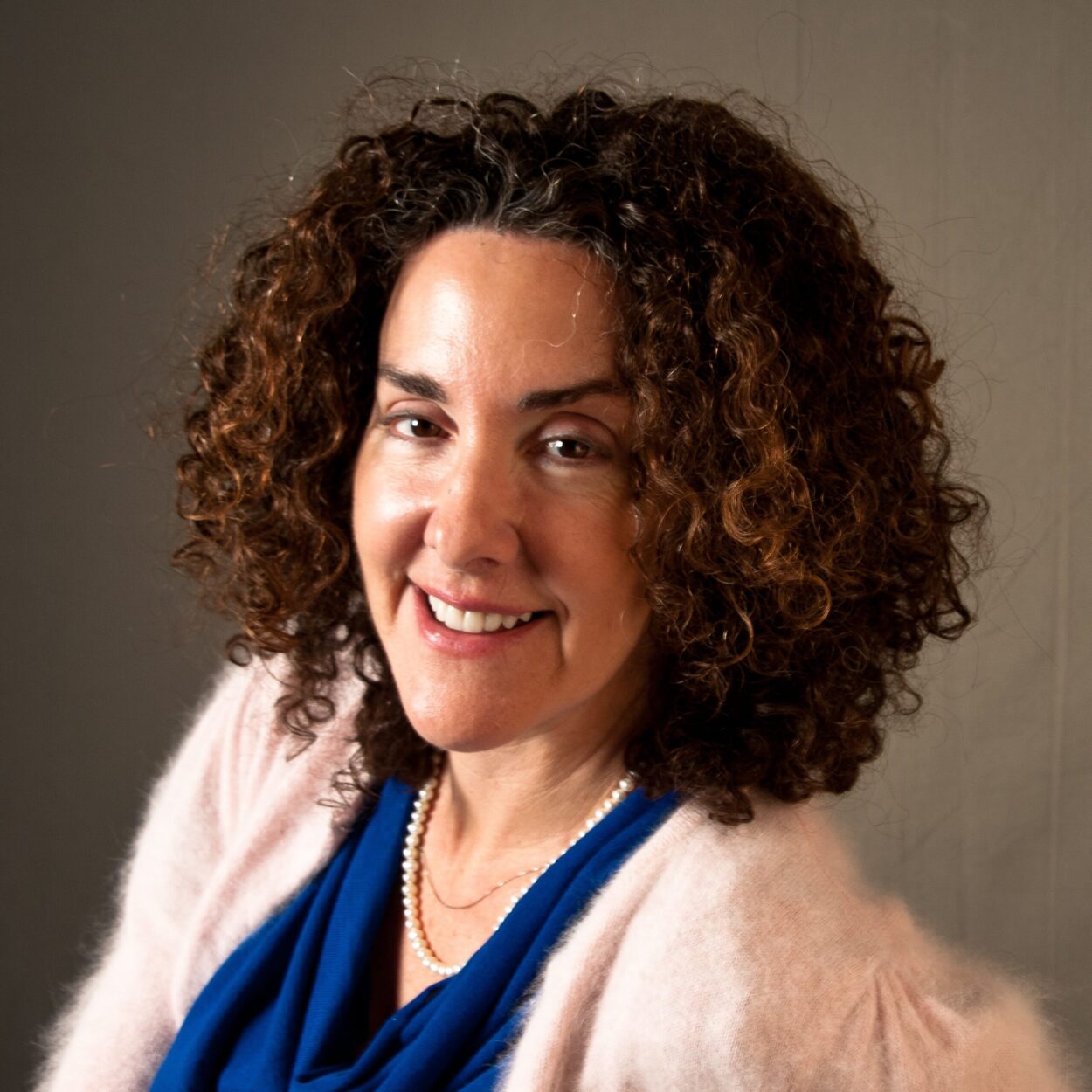Costco Board Defends DEI, Tells Shareholders to Vote on Jan 23
Three days after President-elect Trump takes office on January 20th, shareholders of retail giant Costco will vote on an anti-DEI (diversity, equity and inclusion) proposal brought to their Board by a right-wing nonprofit. Trump has vowed to dismantle DEI programs on Day One of his presidency, even threatening to weaponize the U.S. Justice Department against diversity and inclusion initiatives.
On January 23, Costco shareholders will vote at their annual shareholders meeting on a proposal, brought by right-wing nonprofit the National Center for Public Policy Research (NCPPR), urging the company to weaken its DEI initiatives.
Diversity Under Fire: The Battle Over DEI at Costco

The NCPPR’s shareholder proposal alleges that Costco’s DEI initiatives, called People and Communities, put the company at risk, saying its DEI programs constitute “discrimination because [employees] are white, Asian, male or straight.”
While other corporate giants like Walmart have capitulated to anti-DEI pressure, last week, the Costco board of directors delivered a thunderous rejection to the NCPPR’s proposal: All eleven Costco board members unanimously fended off the attack on their diversity and inclusion programs. The Board urged shareholders to vote “AGAINST” the NCPPR’s anti-DEI proposal on January 23. The Board wrote:
“Our Board has considered this proposal and believes that our commitment to an enterprise rooted in respect and inclusion is appropriate and necessary. The report requested by this proposal would not provide meaningful additional information to our shareholders, and the Board thus unanimously recommends a vote AGAINST this proposal.”
The Costco Board expanded, writing, “For our employees, these efforts are built around inclusion – having all of our employees feel valued and respected. Our efforts at diversity, equity and inclusion remind and reinforce with everyone at our Company the importance of creating opportunities for all.”
The Costco Board went one step further, unmasking the true motivations of the NCPPR, saying the nonprofit’s “broader agenda is not reducing risk for the Company but abolition of diversity initiatives.”
How are Costco shareholders likely to vote on January 23?
The three largest institutional shareholders of Costco stock (NASDAQ: COST) all explicitly support DEI programs on their corporate websites. The three largest asset management firms in the world, Vanguard, BlackRock, and State Street, collectively own about 93 million shares of Costco. Typically, shareholders get one vote per share owned.
The NCPPR’s anti-DEI attack against Costco isn’t the group’s first shareholder action against the retailer. Last year, the NCPPR, which also traffics in climate denial, brought a resolution to the Costco Board, attacking the company’s sustainability and pro-climate initiatives. January 2024, NCPPR’s anti-climate proposal received only a 1.9% vote of support.
The NCPPR has launched “Project 21,” an initiative featuring Black spokespeople who voice support for the group’s anti-DEI views. But Project 21’s “vision for 2025 isn’t a roadmap for progress—it’s a blueprint for exclusion, built on the backs of marginalized communities whose voices they’ve chosen to silence in favor of ideological theatrics,” Effenus Henderson, co-founder and co-director of the Institute for Sustainable Diversity and Inclusion, wrote on LinkedIn.
Why does the NCPPR continue its attacks on corporations?
The National Center for Public Policy Research, which has branded itself a “think tank,” is a nonprofit that is lucrative for its leaders. NCPPR launched a “Stop Corporate Tyranny” initiative in 2021 “to fight back against the Left’s woke and censoring mob in the corporate lane.”
The National Center for Public Policy Research, is classified by the IRS as a 501(c)(3) tax-exempt ‘public charity.’ It reported 2023 revenue of $11 million. NCPPR top four execs were paid more than $1 million, collectively. The group’s president David Ridenour earned $428,578. NCPPR paid Ron Kanfer‘s assortment of direct mail fundraising businesses $5.3 million.
The NCPPR leaders are not the only ones who are monetizing the anti-DEI movement. James Fishback launched an “anti-woke” ETF (exchange traded fund).
He founded investment firm Azoria Partners for the express purpose of launching his “anti-woke” fund, which mirrors the S&P 500, but excludes companies that have DEI programs. His investment fund has targeted Starbucks, Nike, Kraft, and Autodesk for their pro-DEI policies.
As it happens, I worked as an executive recruiter, running searches for software giant Autodesk for years in the early 2000s. I can report firsthand that Autodesk’s recruiting and hiring policies were always fair, inclusive, and merit-based. From my perspective, Fishback’s “anti-woke” ETF strategy is without merit.
Right-wing agitator Robby Starbuck, who has no corporate background, according to his LinkedIn profile, apparently scared Walmart into submission. He posted on X on November 25: “MASSIVE news: Walmart is ending their woke policies. I can now exclusively tell you what’s changing and how it happened. Last week I told execs at @Walmart that I was doing a story on wokeness there. Instead we had productive conversations to find solutions.”
Tesla CEO, X owner, and Trump adviser Elon Musk posted in December, 2023: “DEI must DIE,” and called diversity and inclusion practices “discrimination.” Historically, DEI practices arose to counter discrimination against marginalized people, not to defend privileged white males.
Costco’s pushback on anti-DEI activists may embolden other large companies. Software giant Adobe and TJX Companies (parent company of TJ Maxx, Marshalls, HomeGoods, HomeSense and Sierra) have both advertised on Linkedin in the past week, recruiting for diversity and Inclusion leadership positions.
How can people support Costco?
Some ideas:
Join Costco to “become a member and save.”
Buy something from Costco online and donate goods to your favorite charity that supports marginalized, underserved communities.
Our family bought tennis balls from Costco and donated to Youth Tennis Advantage in San Francisco, an organization founded more than 50 years ago by Arthur Ashe to support underserved kids, using tennis as a springboard for their education and productive lives.
While it’s too late to buy Costco stock in order to vote at the shareholders meeting on January 23rd, individuals can still buy Costco stock to both show support for the company and invest.
Costco stock is expensive, selling at more than $900 per share. However, a number of platforms offer their customers the opportunity to buy “fractional shares” – in this case, a small slice of the Costco stock pie, starting at $5.
Representatives from these platforms emailed The Queen Zone, saying they offer the opportunity for micro-investors to buy fractional shares:
While owners of fractional shares can’t vote at shareholder meetings, eToro messaged: “Investors holding fractional shares receive a ballot to participate in the annual shareholders meeting. The indicated shares tabulate when the shares aggregate with any co-investors through the clearing partner.”
(But to reiterate, the deadline has passed for new investors to buy stock now in order to vote at the Costco Jan 23, 2025, meeting.)
Experts weigh in on the business case for Costco doubling down on DEI
Award-winning journalist, CEO, attorney, and professor Shari Dunn, author of the forthcoming book Qualified: How Competency Checking and Race Collide at Work (Harper Business, February, 2025) emailed The Queen Zone, comparing Costco’s Board sound business decision to Walmart’s caving:
“Costco, on the other hand, decided to win the future. Instead of bowing to pressure, Costco doubled down on DEI. During a shareholder meeting, Costco’s board rejected a proposal questioning the costs and risks of maintaining DEI efforts. Costco made clear that the real ‘risk’ is retreating from fostering an inclusive workforce where the best and brightest can succeed and expanding and understanding a growing diverse consumer base. They made it clear that respect, inclusion, and equity are not just values—they’re strategies for growth.” She continued:
“Ultimately, DEI is a strategic framework that prepares organizations for the future. Companies choosing the Costco route position themselves to lead, adapt, and thrive, while those that yield to opposition may find themselves struggling to maintain relevance in an increasingly diverse world.”
(Shari Dunn compares Walmart and Costco responses to DEI attacks in a video on her Tik Tok page.)
Paolo Gaudiano, Chief Scientist at Aleria, adjunct at the NYU Stern School of Business, and award-winning author of the book Measuring Inclusion: Higher profits and happier people, without guesswork or backlash, emailed The Queen Zone, writing:
“In their shareholder proposal, the National Center for Public Policy Research reviews some of the companies that have cut back DEI activities, and mentions one lawsuit in which a white woman won a $25m racial discrimination lawsuit. Based on these premises, they claim that ‘It’s clear that DEI holds litigation, reputational and financial risks to the Company, and therefore financial risks to shareholders.’
“This is a ridiculous claim for several reasons:
“The lawsuit they cite was based on an incident that happened at Starbucks in April of 2018, two years before the murder of George Floyd sparked global interest in DEI.” Gaudiano adds:”you can see that between 2020 and 2022—when DEI became popular—there was a net drop in lawsuits. Then in 2023 we see a sharp increase, and much of this seems to be driven by white men who were encouraged by the anti-DEI rhetoric to file reverse-discrimination lawsuits.
“Hence the conclusion seems pretty clear that DEI initiatives were in fact helping to reduce discrimination and lower the risk of lawsuits, and it is the anti-DEI backlash that is now increasing risk. But regardless of how you interpret these statistics, the idea that DEI increases reputational and lawsuit risk is ridiculous.”
Costco shareholders who heed the Board’s advice and, on January 23, vote AGAINST the anti-DEI proposal brought by the National Center for Public Policy Research, realize that diversity, equity, and inclusion practices are good for people, good for business.
Nothing in this article constitutes investment advice, direct or implied.







